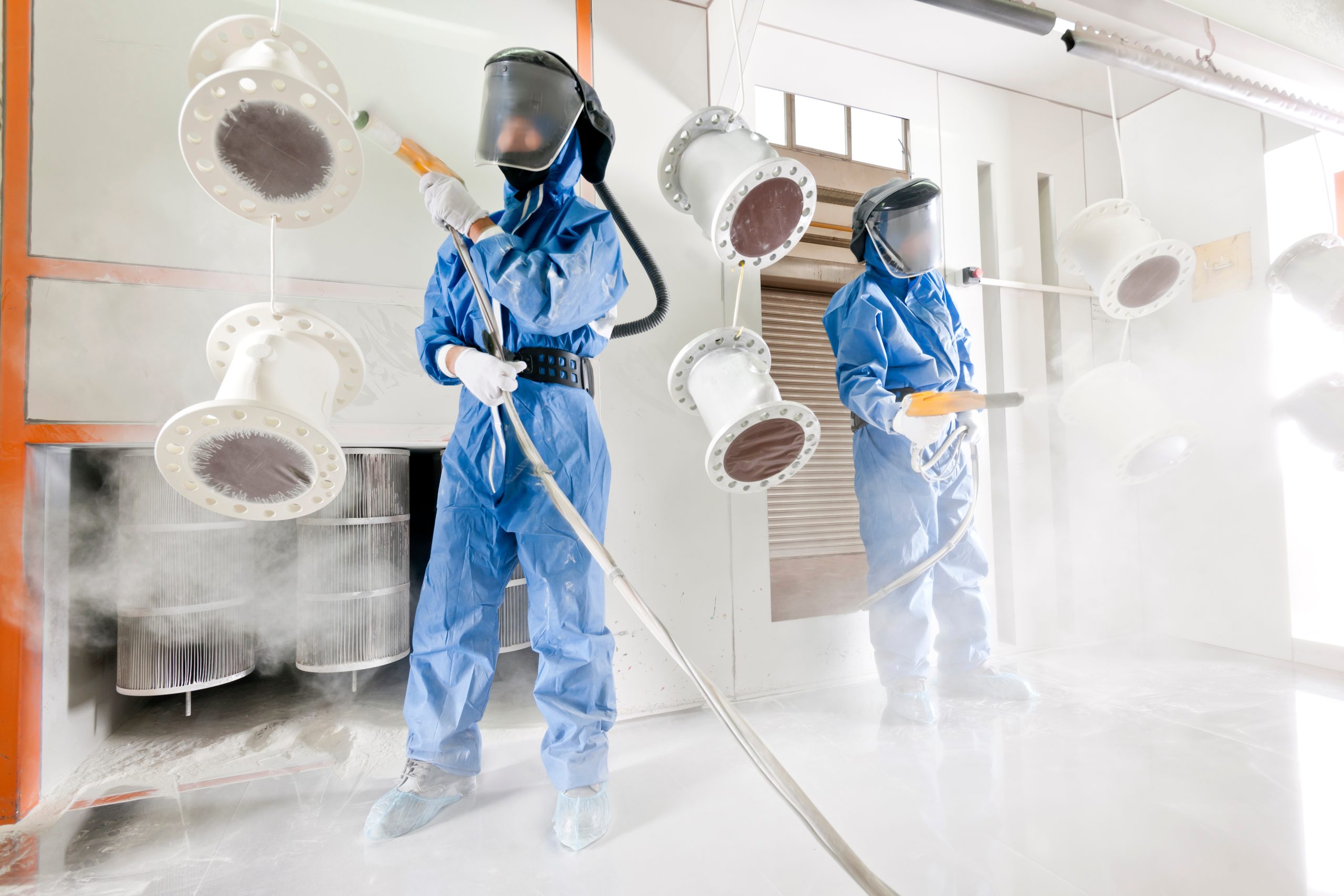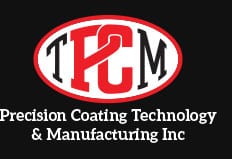Exploring the 3 Different Types of Anti-Corrosion Coatings Used in the Energy Sector

You know the importance of high-quality equipment in the energy sector. You can’t risk productivity or, even worse, physical harm as a result of corroded equipment. However, many components in the energy industry require constant use in harsh environments. This corrosive environment can result in very rapid rusting to even the most durable metal structures. That’s why you need anti-corrosion coatings for your equipment.
The powder coatings market has developed a number of high-quality anti-corrosion coatings for the energy sector over the past few years. These anti-rust coatings can be tailored to very individualized needs, from green initiatives to pipeline needs. If your energy industry company needs to see improved production and reduced replacement costs, contact us and start the discussion of how our powder coatings can serve your needs.
1. Epoxy Powder Coatings
Epoxy coatings are one of the most popular types of powder coating thanks to impressive chemical resistance and anti-corrosion properties. These are also very abrasion-resistant and heat-resistant while maintaining hardness and strength. Epoxy is an easy-to-apply material that can stand up to intense usage. However, this does have a major drawback when compared to other anti-corrosion coatings.
Epoxy is extremely durable under physical duress, but UV radiation can cause it to degrade and lose integrity. Because of this simple weakness, epoxy coatings are best suited for indoor uses. There are many ways to make use of anti-corrosion coatings like this, such as in plumbing or storage of chemicals.
2. Polyester Powder Coatings

Polyester is more than just a fabric. It’s also an incredibly useful category of material. Polyester powder coatings are very useful thanks to excellent chemical and corrosion resistance. Polyurethane anti-corrosion coatings are a prevalent type of coating in power transmission industrial markets.
Polyester urethane powders need to be cured at high temperatures, which limits the parts and pieces to which this coating may be applied, such as lead-based and cast parts, which are more sensitive to heat changes. Additionally, polyester urethane powder coatings need to be thinner for curing, as thicker layers tend to peel away during the curing process.
3. Epoxy-Polyester Hybrid Powder Coatings
A hybrid of epoxy and polyester can provide a protection system that comes with the benefits of corrosion resistance and a thicker coating. These coatings are desirable for telecommunication, electronics cases and parts, and plumbing applications, which all have considerable crossover with the energy industry.
However, it is worth noting that these coatings also have both UV sensitivity and reduced chemical resistance. Because these coatings are a combination of two others, it’s essential to take the time to research and understand the unique natures of the coatings you are looking at.
How Does the Energy Industry Use Powder Coatings?
Powder coatings are used extensively throughout the energy industry for various purposes. Energy generation, oil and gas management, electrical components, and more benefit from powder-coated materials’ durability and extended lifespans. Anti-corrosion coatings have become very useful in power generation plants and industrial markets of all kinds, thanks to a solid economic push from consumers for tighter environmental regulations.
The general answer is that the energy industry uses powder coatings for infrastructure and equipment. These coatings provide enhanced durability and a tailored aesthetic to equipment of all kinds. Within the energy industry, some smaller industries and businesses, such as those listed next, use powder coatings to increase efficiencies, reduce costs, and improve durability.

Power Generation Plants
- Steam Turbines
- Storage Tanks
- Machinery

Oil and Gas
- Pipelines
- Valves
- Pumps

Green Energy Systems
- Wind Turbines
- Solar Panels
- Hydroelectric Turbines

Electrical and Electronic Equipment
- Control Panels
- Telecommunications
- Electronics Cases
Every company in the energy industry makes unique uses of these anti-rust coatings. You need to work closely with a powder coating provider to produce an effective result and greater productivity. The growing demand from industry experts has led to advancements in the coatings market. You must know that your upgraded equipment can meet your needs without issues.
What Are the Advantages of Powder Coatings?
While anti-corrosion coatings have one obvious benefit, you might want more. You need to know that your investment in a piece of equipment will return more than a single benefit. The benefits from powder coatings that include:
- Abrasion resistance and impact resistance
- Waterproofing
- High-temperature resistance
- Clean and good-looking finish
- Environmental friendliness and adherence to various environmental regulations
- Lowered replacement and repair costs
- Insulation and electrical protection
The powder coatings market growth has been spurred on by the desirable benefits offered by treating your equipment and parts. While a nice-looking finish and durability are significant draws, tailoring your equipment to your needs might seal the deal for many in the industry. In a quality powder coating shop, your pieces can be given waterproofing, insulation, and electrical protection. Electrical insulation and temperature resistance are necessary for many pieces throughout the energy sector and can be easily provided via powder coatings.
Call Us and Schedule Powder Coating Services Today!
Your equipment is your business. It keeps you afloat, functioning, and working. When you rely on something so much, you want to keep it at its best. Powder coatings can give your equipment the flexibility and durability to stay strong and work long for years.
We want to work with you and provide the coating service you need. Whatever your anti-corrosion coating demand is, we can meet and exceed it. Our list of previous experiences includes a wide array of industries with extensive demands. Call today, and we can start discussing what anti-corrosion coatings would work for you.

